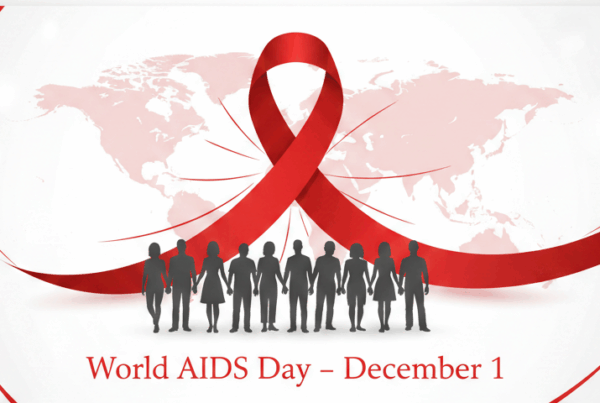Utkal Divas, celebrated on April 1st, marks a pivotal moment in the history of Odisha, India, commemorating the formation of the state in 1936. Beyond its political significance, Utkal Divas has increasingly become a day to reflect on the health and well-being of the people of Odisha, as they continue to face challenges and make strides in improving their quality of life. This day serves not only as a celebration of regional pride but also as a reminder of the ongoing health initiatives and the progress Odisha has made in addressing public health concerns.
Historically, Odisha has struggled with health challenges, from malnutrition to infectious diseases like malaria, tuberculosis, and cholera. The state’s rugged terrain, with its vast rural areas, has often posed difficulties in ensuring that quality healthcare reaches all its citizens. However, over the decades, Odisha has made notable strides in improving its healthcare infrastructure and access to services, working diligently to tackle the pressing health issues that affect its population.
The government, along with various local health organizations, has focused on improving maternal and child health, reducing infant mortality rates, and expanding access to sanitation and clean drinking water. Public health campaigns on sanitation, vaccination, and hygiene have played an instrumental role in controlling the spread of diseases that once plagued the state. Initiatives like the “Odisha State Health Policy” have brought attention to the need for better healthcare systems, particularly in rural regions, where the majority of the population lives.
Utkal Dibas, this year, brings to the forefront the state’s resilience in battling public health crises, including the ongoing efforts to improve the nutritional status of its population. Odisha is home to several indigenous communities that face high levels of malnutrition, particularly among children. To address this, the government has implemented programs to improve food security, promote awareness about healthy eating, and increase access to nutritious foods. These efforts aim to tackle the dual burden of undernutrition and the rising prevalence of non-communicable diseases like diabetes and hypertension, which have started to emerge as significant public health concerns.
The state’s health efforts are also underscored by its response to recent challenges, such as the COVID-19 pandemic. Odisha swiftly adopted preventive measures, including extensive testing, contact tracing, and quarantine protocols, along with a mass vaccination campaign that reached millions of people. The state’s ability to mobilize resources and ensure vaccine distribution, even in its most remote corners, is a testament to the growth of its healthcare system and its commitment to safeguarding public health.
On Utkal Dibas, people across Odisha not only celebrate the cultural richness and history of their land but also reflect on the progress made in the field of health. The healthcare professionals, from doctors to community workers, who have dedicated themselves to improving lives, are recognized for their unwavering efforts. Their work, often in challenging and resource-limited settings, has played a crucial role in reducing the burden of disease and improving the lives of the state’s residents.
As Odisha continues to develop and strengthen its healthcare systems, Utkal Divas remains a day to acknowledge both the challenges and the triumphs. It is a reminder that the fight for better health is ongoing, but with the collective effort of government bodies, healthcare professionals, and the community, Odisha is on a path to a healthier future.




